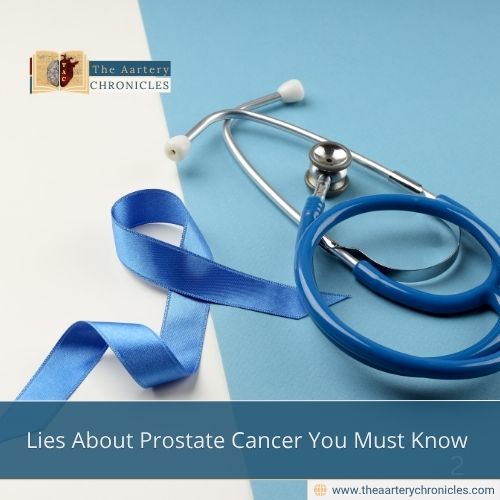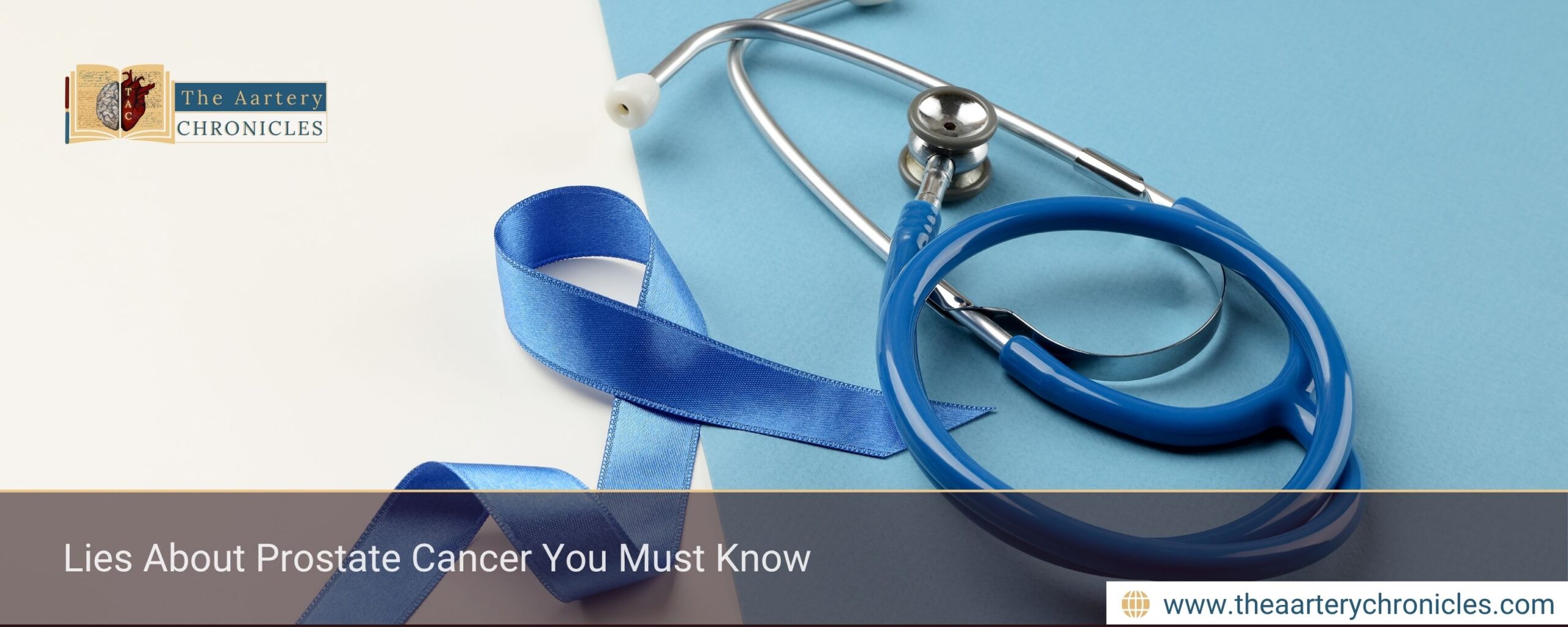

Lies About Prostate Cancer You Must Know
Introduction
Prostate cancer is one of the most commonly diagnosed cancers in men. However, numerous misconceptions and misleading beliefs have accumulated around this disease, which can cause anxiety, delayed diagnosis, or suboptimal choices. In this article, we will attempt to clarify these misconceptions: outlining some of the most common lies, why they are wrong, and what the current scientific evidence is. The goal is to provide an accessible, non-sensational overview for those approaching the topic for the first time.
Some Widespread False Beliefs
"It's just an old man's disease."
Myth: Prostate cancer only affects very old men, so younger men shouldn’t worry.
Truth: While advanced age is a risk factor – most diagnoses occur after age 65 – it’s not exclusive. Clinically significant forms can appear in younger men (e.g., under 50 or 60). This myth can lead to neglecting screenings or overlooking early signs.
"If I have no symptoms, I don't have cancer."
Myth: The absence of symptoms means there is no prostate disease.
Truth: Many early forms of prostate cancer are asymptomatic or present with generic symptoms that can be confused with other conditions (such as benign prostatic hyperplasia).
So, don’t wait until symptoms appear to talk to your doctor.
"An enlarged prostate is always cancer."
Myth: Any enlarged prostate or urinary discomfort automatically indicates prostate cancer.
Truth: Prostate enlargement (e.g., benign prostatic hyperplasia, BPH) is a condition distinct from cancer and much more common, especially with age.
It’s important to distinguish between benign and malignant conditions: only a urological evaluation can do so.
"Diet plays no role in prostate health."
Myth: There’s no link between diet and prostate cancer: I eat whatever I want, and it doesn’t change anything.
Truth: While there’s no proven “miracle diet” that completely prevents cancer, there’s evidence that a healthy diet can influence risk and progression.
For example, reducing processed meat, saturated fats, and obesity and favoring plant-based foods supports overall and prostate health.
"The PSA test is always reliable for diagnosing cancer."
Myth: A low prostate-specific antigen (PSA) test means I don’t have cancer; a high PSA means I definitely have it.
Truth: The PSA test is a useful tool but has limitations: a low level doesn’t completely rule out disease, and a high level doesn’t automatically indicate aggressive cancer.
It must be interpreted in a broader clinical context (history, physical examination, imaging, biopsy).
“A diagnosis always requires immediate surgery or radiotherapy”
Myth: If prostate cancer is discovered, it should be operated on immediately or treated with radiation therapy without delay.
Truth: Today, for some patients with low-risk localized cancer, the option of active surveillance is accepted, meaning monitoring and treatment only if the disease progresses.
This avoids overtreatment and potential unnecessary side effects.
"Prostate cancer is always fatal."
Myth: A prostate cancer diagnosis is a death sentence.
Truth: When the cancer is detected early and treated appropriately, the chances of cure or long-term control are very high.
Five-year survival is very high for localized forms.
What Are The Indications For The Patient And For The Nutrition Professional?
As a nutritionist or biologist who counsels men at risk or seeking prevention, here are some fact-based guidelines:
- Promote a healthy lifestyle: balanced diet, regular physical activity, body weight control.
- Inform that personalized screening (age, family history, ethnicity, risk factors) is important: not all men need the same tests at the same time.
- Emphasize that diet can support prostate health, but cannot replace medical advice or clinical monitoring.
- Emphasize that early diagnosis improves the chances and that ignoring screening because you “have no symptoms” is risky.
- Know modern management options (e.g. active surveillance) to avoid unnecessary overtreatment.
Conclusion
Debunking the lies about prostate cancer is essential to enable everyone, especially those undergoing prevention or treatment, to make informed decisions. Accurate information, adopting a healthy lifestyle, and collaborating with your medical team are the foundations of an informed approach.
Remember: not all false beliefs cause immediate harm, but they can delay interventions, generate anxiety, or misguide decisions – and in an oncology setting, every delay matters.









